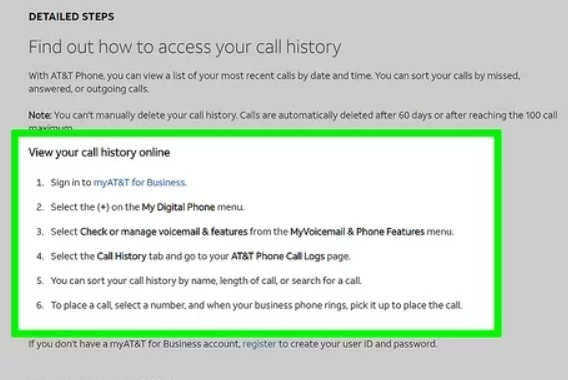In the era of digital communication, where text messages have become the primary mode of conversation for many, the question of whether phone records reveal the actual content of these texts is a complex one. This article aims to shed light on the intricacies of phone records and their relationship with text messages.
Contents
Understanding Phone Records
Phone records, also known as call detail records (CDRs), are documents generated by telecommunication companies that log details of phone calls and text messages. These records typically include:
- Date and time of the call or text message
- Duration of the call
- Phone numbers involved (sender and receiver)
- Location of the cell towers used for the communication (which can help determine approximate location)
Do Phone Records Show Texts?
The short answer is: phone records typically do not store the actual content of text messages. However, there are nuances and exceptions to this rule that are worth exploring.
The Norm: Content Not Stored
- Privacy Concerns: Telecommunication companies are mindful of privacy concerns and generally avoid storing the content of text messages. This is in line with data protection regulations in many jurisdictions.
- Storage Limitations: Storing the content of every text message sent by millions of subscribers would require massive storage infrastructure and could raise cost concerns for telecom companies.
Exceptions and Nuances
- Law Enforcement Access: In certain circumstances, law enforcement agencies may be able to obtain warrants to access the content of text messages stored on a telecom company’s servers. This usually happens in cases involving serious crimes where there is probable cause to believe that the text messages contain evidence relevant to the investigation.
- Metadata Retention: Even though telecom companies may not store the content of text messages, they often retain metadata related to these messages for a certain period. Metadata includes information such as the date and time of the message, the sender and receiver phone numbers, and the message size. This metadata can be useful for law enforcement investigations even without the actual content of the messages.
- Third-Party Apps: If you use third-party messaging apps like WhatsApp or Signal, the content of your messages may be stored on the servers of these app providers. These companies may have their own data retention policies, and law enforcement may be able to obtain warrants to access this data in certain situations.
The Role of Technology
- Advancements in Data Storage: With advancements in data storage technology and decreasing storage costs, it is possible that telecom companies may start storing the content of text messages in the future. However, this would likely be accompanied by stricter data protection measures and transparency about data retention policies.
- Encryption: Many messaging apps now use end-to-end encryption, which means that only the sender and receiver can read the content of the messages. This makes it more difficult for telecom companies or law enforcement agencies to access the content of these messages, even with a warrant.
Implications for Privacy
The question of whether phone records show texts has significant implications for privacy.
- Surveillance Concerns: If telecom companies were to store the content of text messages, it could raise concerns about mass surveillance and potential misuse of this data.
- Balancing Act: There is a delicate balance between privacy concerns and the need for law enforcement to access data in legitimate investigations. It is important to have clear regulations and oversight mechanisms in place to ensure that this balance is maintained.
Protecting Your Privacy
- Third-Party Apps: Be mindful of the data retention policies of third-party messaging apps. Consider using apps that offer end-to-end encryption and have strong privacy protections.
- Two-Factor Authentication: Enable two-factor authentication on your messaging apps to add an extra layer of security and prevent unauthorized access to your messages.
- Data Minimization: Avoid sharing sensitive information via text messages unless absolutely necessary.
Conclusion
The question of “do phone records show texts” is not a simple yes or no answer. While phone records typically do not store the actual content of text messages, there are exceptions and nuances to this rule. It is important to be aware of the data retention policies of telecom companies and third-party messaging apps and to take steps to protect your privacy.
Read More: Cricket Wireless Text Message History: A Comprehensive Guide







